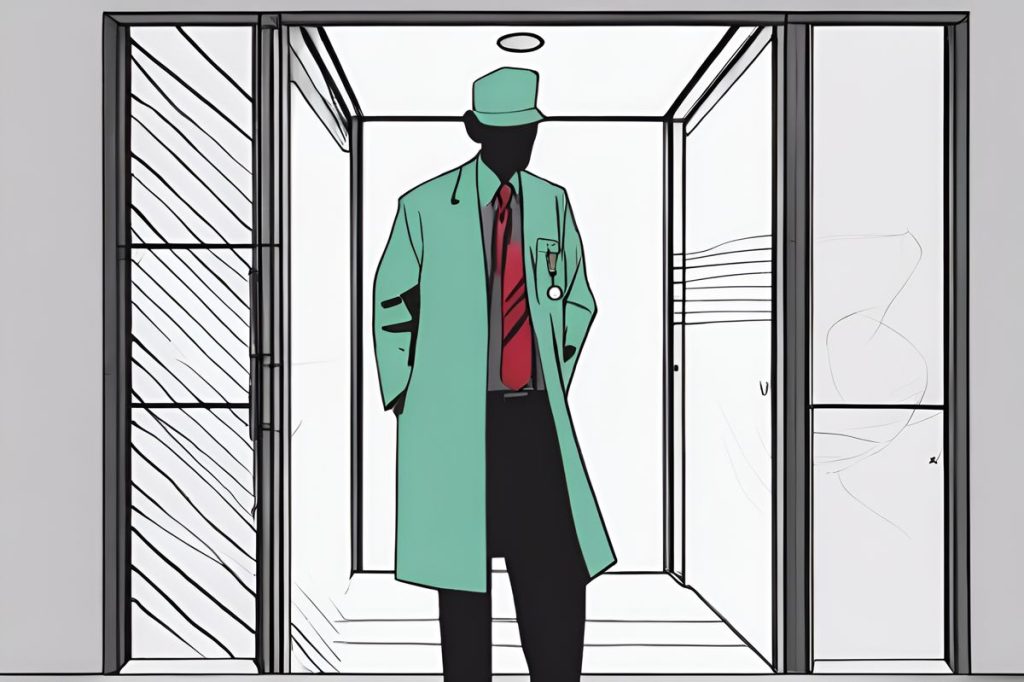The Makarios Hospital case highlights ethical dilemmas surrounding abortion procedures, as anaesthesiologists express reluctance despite specific conditions allowing terminations in cases of abuse, abnormalities, or life-threatening risks to women. The incident has sparked concerns about staff accountability, patient rights, and the intersection of personal beliefs with medical ethics at the institution.
What are the ethical dilemmas faced by Makarios Hospital regarding abortion procedures?
Makarios Hospital is dealing with ethical dilemmas when anaesthesiologists express reluctance to participate in abortions, despite conditions allowing it in cases of abuse, abnormalities, or risk to the woman’s life. The issue highlights conflicts between medical ethics, personal beliefs, and patient rights.
Staff Reluctance and Patient Rights
The Makarios Hospital has come under scrutiny following reports that emerged on Monday concerning the unwillingness of its staff, specifically the anaesthesiologists, to participate in terminating pregnancies. Only a fraction, two out of eight, have expressed their willingness to be involved in such procedures. This information came to light when a woman shared her harrowing experience with Politis, revealing her five-day ordeal for what was meant to be a two-day procedure due to the staff’s reluctance.
The complication arose during the fifth month of her pregnancy after discovering a genetic abnormality in the fetus. The crux of the issue was deliberated at the House human rights committee, where it was disclosed that the reluctance of some anaesthesiologists at Makarios Hospital was the cause of the prolonged and distressing experience for the woman.
Conditions for Participation in Abortion Procedures
In an intriguing turn of events, it appears that these same anaesthesiologists had sent a letter to the committee around two weeks prior to the incident, stating their conditional willingness to perform terminations. They outlined three specific scenarios under which they would agree to participate: if the pregnancy was the result of abuse up to 19 weeks, if the embryo exhibited abnormalities up to 23 weeks, and if the pregnant woman’s life was at risk.
Despite these pre-established conditions, the case at hand met the criteria, yet the woman still faced an extended and presumably traumatic wait. This contradiction raises questions about the hospital’s adherence to its stated policies and the staff’s commitment to patient care under certain medical circumstances.
Call for Accountability and Investigation
The response from political figures has been one of concern and action. Akel MP and chair of the committee, Irene Charalambides, expressed her dismay over such situations occurring in a country striving to align itself with European norms. She advocated for a disciplinary investigation into the anaesthesiologists who have refused to fulfill their duties in these sensitive medical situations.
Charalambides’s comment underscores the broader issue of women’s health and reproductive rights, emphasizing the importance of reliable access to medical care in accordance with the law. In Cyprus, abortions cannot be denied if a medical reason is present, aligning with the woman’s situation where the genetic abnormality of the fetus was significant enough to prevent independent life without ongoing medical support.
A Reflection on Medical Ethics and Institutional Responsibility
The incident at Makarios Hospital opens a discussion on the delicate balance between medical ethics, personal beliefs of healthcare providers, and institutional responsibility towards patients. The hospital is now facing a call to examine its internal policies and the conduct of its staff to ensure that patient rights are upheld. This case also illustrates the challenges that arise when personal beliefs and professional responsibilities intersect, a recurrent theme in medical ethics debates.
What are the ethical dilemmas faced by Makarios Hospital regarding abortion procedures?
Makarios Hospital is dealing with ethical dilemmas when anaesthesiologists express reluctance to participate in abortions, despite conditions allowing it in cases of abuse, abnormalities, or risk to the woman’s life. The issue highlights conflicts between medical ethics, personal beliefs, and patient rights.
Why did staff at Makarios Hospital show reluctance in participating in abortion procedures?
The staff at Makarios Hospital, specifically the anaesthesiologists, showed reluctance due to personal beliefs regarding abortion. Despite conditions allowing terminations in cases of abuse, abnormalities, or life-threatening risks to women, only a fraction of the staff expressed willingness to be involved in such procedures.
What conditions were outlined for participation in abortion procedures at Makarios Hospital?
The anaesthesiologists at Makarios Hospital outlined conditions for their participation in abortion procedures, including cases of abuse up to 19 weeks, abnormalities up to 23 weeks, and when the pregnant woman’s life is at risk. Despite these conditions, a patient faced a prolonged and distressing experience due to staff reluctance.
What actions are being taken in response to the ethical dilemmas at Makarios Hospital?
There have been calls for a disciplinary investigation into the anaesthesiologists who refused to participate in abortion procedures at Makarios Hospital. Political figures have expressed concern over the situation and emphasized the importance of upholding patient rights and ensuring reliable access to medical care in accordance with the law.

